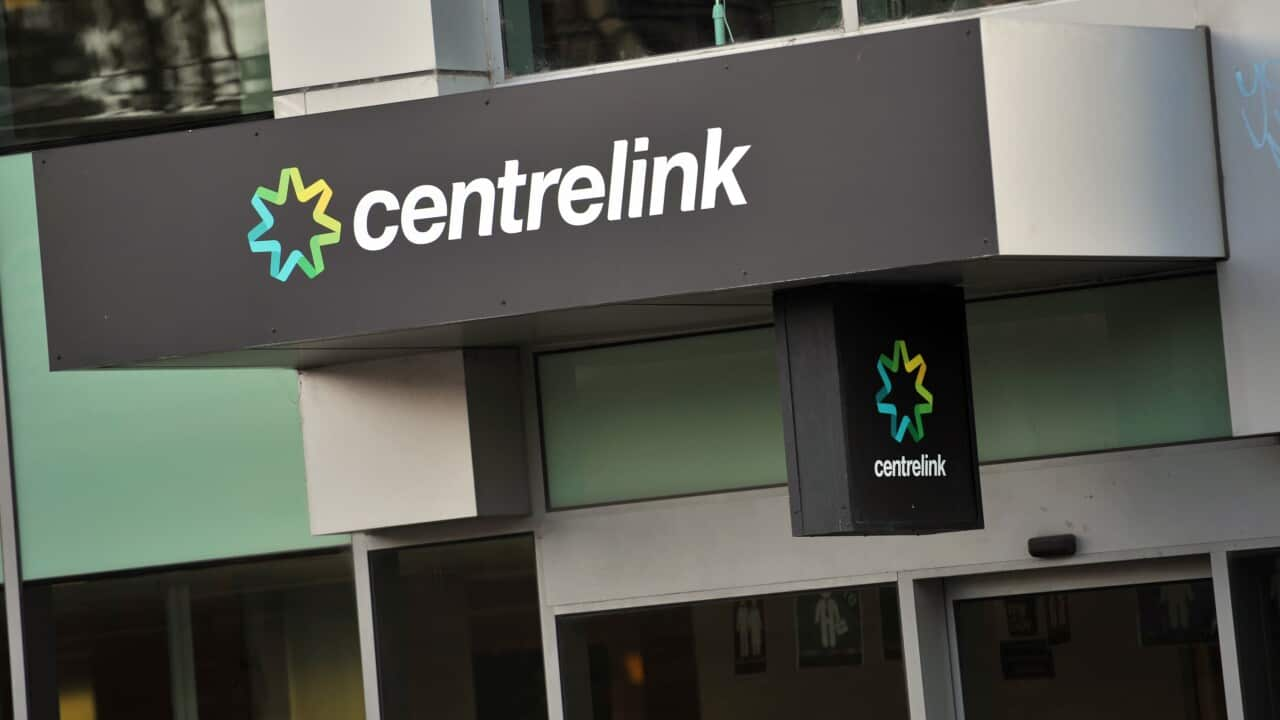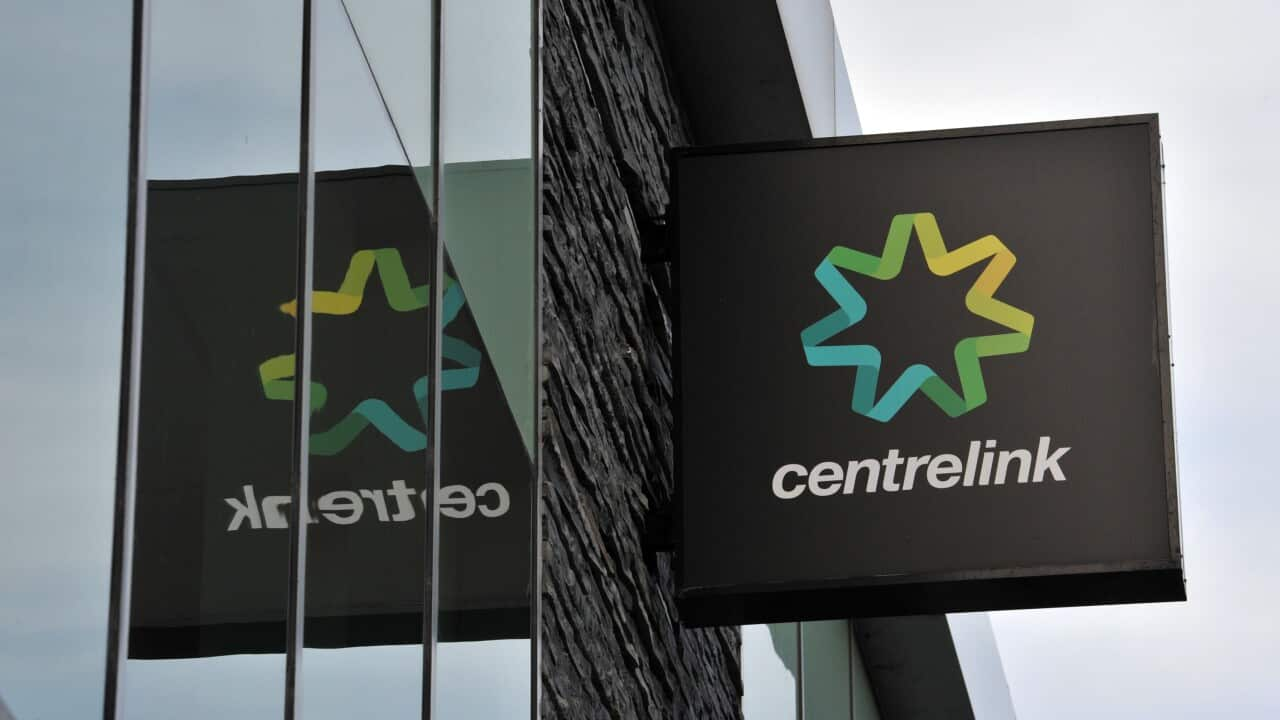KEY POINTS
- The robodebt inquiry has heard "definitive" legal advice showed the scheme should not proceed without changes.
- It heard the department that rolled out the scheme never explicitly questioned the advice of income averaging.
- Income averaging, the method used to calculate debts, was found to be unlawful..
The Department of Social Services did not pass on advice about the unlawfulness of the robodebt scheme, which allowed the illegal debt collection scheme to go ahead.
In 2015, the Department of Human Services (DHS), advised by the Department of Social Services (DSS), rolled out a debt collection program .
The robodebt program by issuing debt notices through an illegal process called income averaging.
The program came into question as early as 2014, when the Department of Social Services sought internal legal counsel on the DHS's robodebt proposal.
A former social services director told hearing on Thursday the legal advice they received was "black and white."
"It was as definitive as I've ever seen. The proposal needed to change substantially in order to proceed," Cameron Brown said.
However, DSS lawyer Lisa Keeling revealed this information had not been shared with the proposal's originator, the DHS.
In Ms Keeling's review she noted: "There is no evidence that DSS shared this advice with the department at any point prior to the implementation of the program."
The DHS sought legal consultation on three separate occasions in 2015, but its requests never explicitly questioned the lawfulness of income averaging.
"DHS had occasionally asked for advice in a way that referred to data matching but never got legal advice back, while DSS had legal advice on data matching and not given it to DHS," royal commissioner Catherine Holmes surmised.
Though the DSS could have sought further legal advice from the Australian Government Solicitor in 2014, Mr Brown believed it was not necessary.
The decisiveness of the DSS's internal legal advice, and government checks and balances, should have ended the robodebt proposal there and then, he said.
Mr Brown said he had concerns about the robodebt collection program "almost immediately" after he became aware of the proposal.
"A lot of the individuals who would end up receiving these notices would have to prove what they earned over the period of time, stretching back potentially years," he said.
"It would be a level of proof which they simply would not be able to substantiate," he said, particularly for the populations the DHS's program targeted.
"Unemployed people, almost by definition have very vulnerable cohorts within them, and there would be people who would enter into agreements to repay debts which they had not incurred in the first place.
"And I felt that the practice, as a result, was unethical."


